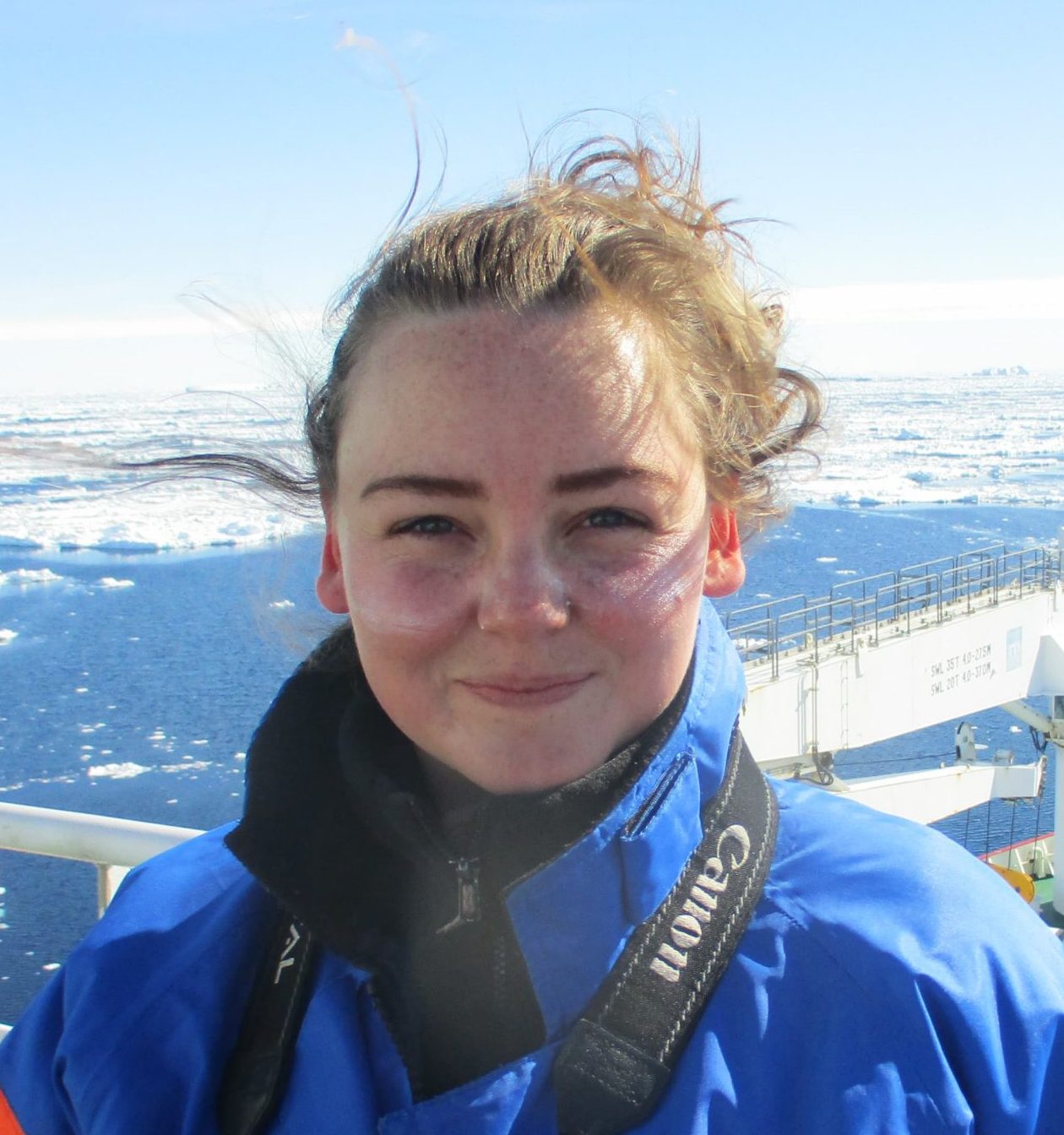Stellenbosch University’s School for Climate Studies is at the forefront of a groundbreaking initiative, a collaboration aimed at bolstering Science, Technology, and Innovation (STI) across Africa. Driven by the Japan International Cooperation Agency (JICA), this network connects Japanese and African universities to address pressing socio-economic challenges.
At its core, the project establishes three strategic university hubs, each leading a critical thematic area:
- Egypt-Japan University of Science and Technology (E-JUST) in Egypt, focusing on Energy.
- Jomo Kenyatta University of Agriculture and Technology (JKUAT) in Kenya, specializing in the Food Value Chain (Agriculture).
- Stellenbosch University (SU) in South Africa, spearheading research in Water & Climate Change.
This multi-layered network ensures that each hub collaborates with the others, fostering a truly integrated approach to complex problems. Dr Andrew Watson, a Senior Researcher at the School for Climate Studies explains that the project aims “to link African scientists with Japan collaborators.”
“The School for Climate Studies contribution to the project is pivotal, particularly in the realm of Water & Climate Change. Our research zeroes in on drought assessment, aiming to understand the variability in terms of drought and running hydroclimatic indices to determine drought risk vulnerability,” says Watson.
A key tool in this research is stable isotope-enabled modeling (stable isotopes are naturally occurring isotopes of elements that are not radio-active).
As Watson elaborates, “you take a hydrological model as a simulation of the natural environment, and you bring in stable isotope information to improve that model.”
He further highlights the utility of stable water isotopic analysis (i.e. analysis of stable isotopes of both elements in water, hydrogen and oxygen), stating, “stable water isotopes are very useful for understanding hydrological processes and source mixing as they are predictably altered by phase changes (e.g. evaporation) and therefore conservative in nature.” This allows researchers to track the movement of water within the hydrological cycle: “you can track the influence of water phase change within the hydrological cycle, from cloud based processes to the landscape and percolation into the soil and aquifers.”
This ambitious modeling effort benefits from a crucial international partnership with Professor Kei Yoshimura from the University of Tokyo, who is a world leader in stable isotope-enabled climate modelling.
Hydrobioscapes Kick-Off Workshop: A collaborative milestone
The concept of the ‘hydrobioscape’ was conceived in the School for Climate Studies, and is defined as a functionally coherent social-ecological system that may be several 10s to 100s of km2 in extent that captures, converts and exchanges water, energy and carbon. Hydrobioscapes yield a range of benefits, goods and services for human society. New technologies such as stable isotope enabled hydrological models allow critical behaviours of hydrobioscapes to be observed continuously in real time, supporting the development of simulations of key processes required to understand their resilience in the context of climate change, climate variability and human use.
The School for Climate Studies hosted the Hydrobioscapes Kick-Off Workshop from 8-10 July 2025, bringing together experts from the three core universities, Professor Yoshimura, and JICA representatives. The primary goal of this workshop was to discuss and refine the joint research proposal, including defining the responsibilities of each research team, developing a budget plan, and establishing an implementation schedule.
The workshop successfully laid the groundwork for the joint research project, with the expected outcome being a clearly defined research plan detailing the objectives, the roles and responsibilities of each research team, budget allocation, and implementation schedule.
“This plan is set to serve as the foundation for effective collaboration and the successful execution of the joint research project, which is scheduled to commence in September 2025.Initial funding for the project has been secured, primarily covering “sample analysis, setups of some weather stations and the workshops between the groups,” says Watson.
Professor Guy Midgley and Dr Neville Sweijd from Stellenbosch University are slated to travel to Japan soon to continue building this collaboration. While Dr Watson is not traveling due to other commitments, the collaborative network is robust and expanding.
This project exemplifies a powerful international partnership, leveraging scientific expertise to tackle critical challenges in Africa and build a more resilient future. Stay tuned for more!
For more information, contact Dr Andrew Watson at awatson@sun.ac.za
Photograph caption: Stakeholders present at the Hydrobioscapes Kick-Off Workshop at the School for Climate Studies. Top left to right: Dr Takasei Okano (Senior Advisor, JICA Headquarters), Rinataro Kinoshita (JICA JKUAT project), Ashleen Fortuin (SU), Maki Shaw (JICA SUJC project), Prof Guy Midgley (Director: School for Climate Studies, SU), Dr Daniel Mwendwa Wambua (Lecturer, Jomo Kenyatta University of Agriculture and Technology), Prof Kei Yoshimura (University of Tokyo), Mai Toda Nakano (JICA JKUAT project), Dr Nico Elema (Director: Centre for Collaboration in Africa). Bottom left to right: Dr. Shohei Aoki (JICA JKUAT project), Mariko Adachi (JICA E-JUST project), Prof Mona Gamal Eldin Ibrahim (Dean, School of Energy Resources, Environmental, and Chemical and Petrochemical Engineering, E-JUST), Prof Scarlett Cornelissen (Director, SU Japan Centre), Dr Halake Guyo Rendilicha (Lecturer, Environmental Engineering, JKUAT), Dr Mahmoud Samy Ahmed Sharaan (Associate Professor, Environmental Engineering, JKUAT), Dr Andrew Watson (SU).


